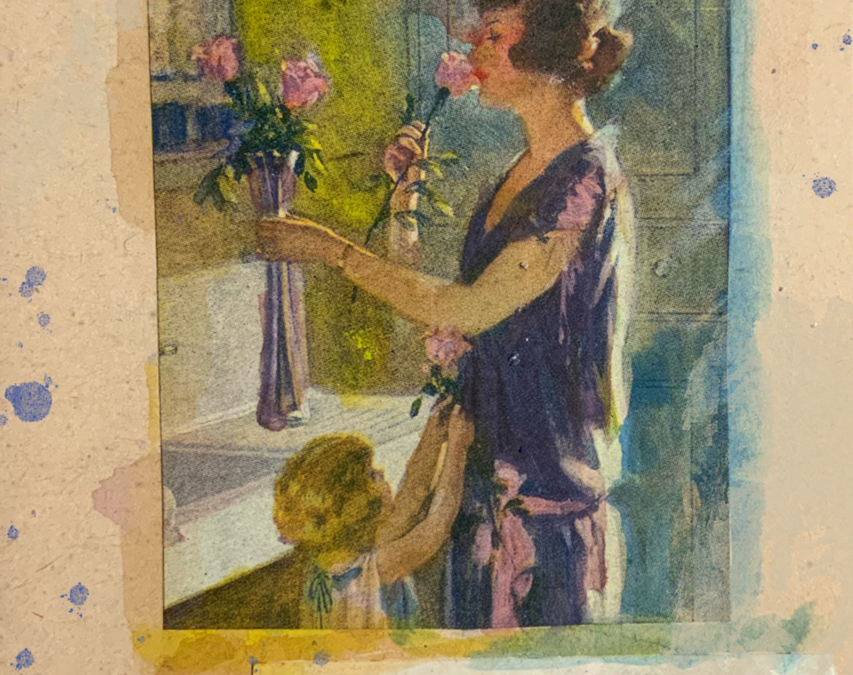better homes and gardens 1927. my friend gave me a bunch of magazines to use in my collage work. some are from 1927, coincidentally, the year my mom was born. here’s what they were pushing on women then: lots of ways to take care you your garden, where to buy roses, all about birds in your yard, creating “homelikeness” with lots of accessories for your rooms, the latest and greatest in home radios, lessening your housework with electricity (no more hand cranking your laundry), recipes, ads for kerosene hot water heaters, clocks, baby grand pianos, seeds, vermont maple sugar, singing canaries for $5 (that sure seems expensive), rat poison, buy chickens, building supplies and windows. i know this is called better homes and gardens, but surprisingly there was not one ad for any beauty product. women were to be the ultimate homemakers, cooks, cleaners, gardeners and buyers of all that could make your house perfection and your life that much easier. there are no articles about women doing anything but domestic chores.
The decade kicked off with passage of the 19th Amendment, which gave white women the vote. Women also joined the workforce in increasing numbers, participated actively in the nation’s new mass consumer culture, and enjoyed more freedom in their personal lives…
For the most part, however, the increase of working women didn’t represent a challenge to traditional gender roles. Nearly a third of working women in the 1920s were domestic servants, while the rest were clerical workers, factory workers, store clerks and other “feminized” professions. “Women are working, but they’re working in what are called ‘women’s jobs,’” says Lynn Dumenil, professor emerita of history at Occidental College…
By 1927, nearly two-thirds of American homes would have electricity, and new consumer goods like the washing machine, refrigerator and vacuum cleaner were revolutionizing housework and home life. Women were the major target audience for many of the new products, including household appliances, clothing and cosmetics.

